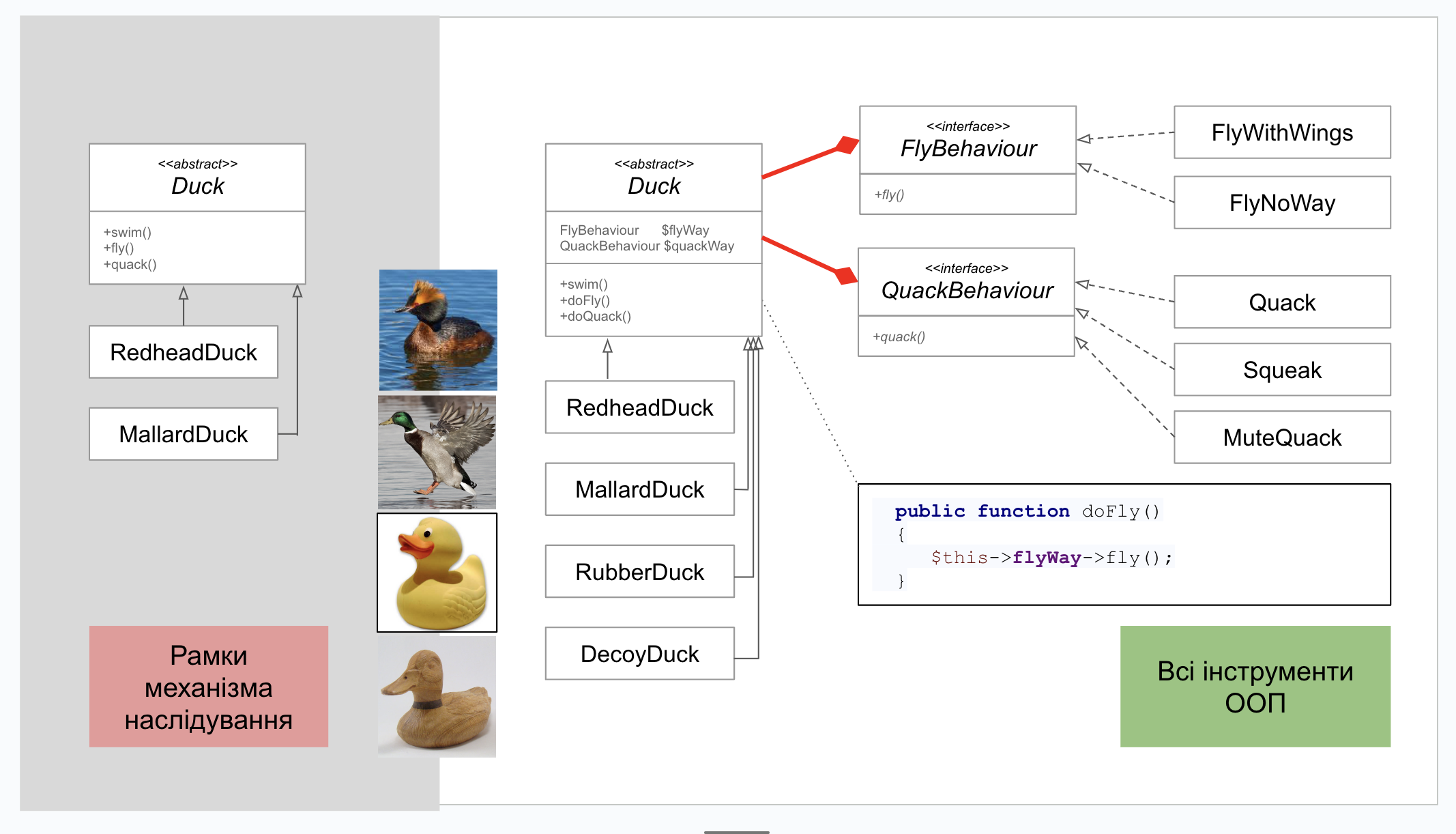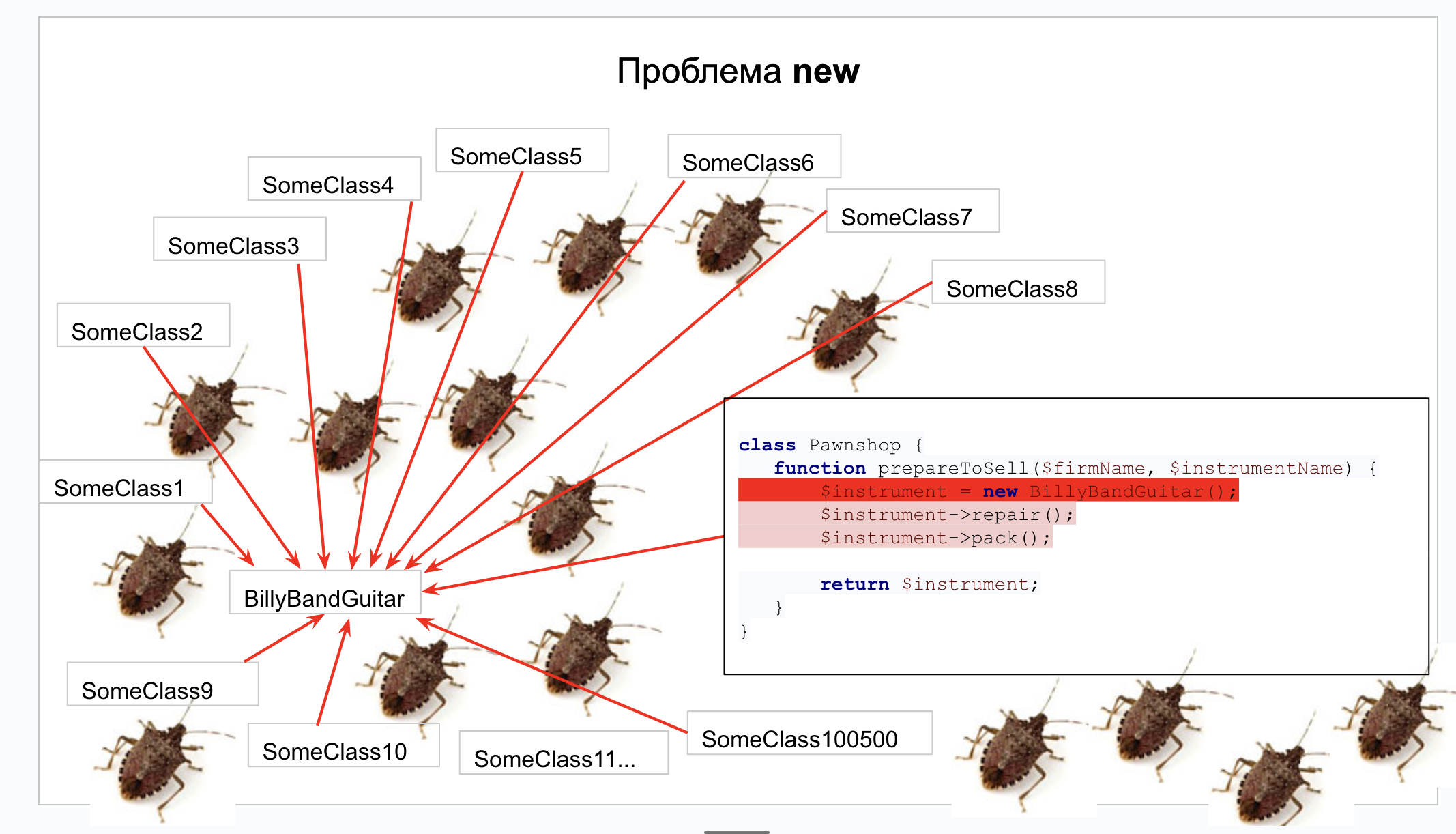Video course: Design principles of SOLID+
Mentor: Natalia Nyshta, Senior Software Engineer, 15+ years of IT experience, author of many articles on design principles and programming

- The course is dedicated to studying the principles of design, building effective solutions within the service when designing classes, their responsibilities and interactions:
- How to effectively define the boundaries and responsibilities of structures and classes.
- How to learn contract programming.
- How to stop in time and not use unnecessary.
- Analysis of the motives “for” and “against”, a critical approach to engineering challenges.
- Design laws and reasons for their discovery.
Mentor: Natalia Nishta, Senior Software Engineer, 15+ years of experience in IT, author of many articles on design principles and programming
You will immerse yourself in an exciting "game" of modeling objects and the connections between them.
- During this, you will learn:
- why these rules exist in the world of OOP
- what is their basis
- when to use a particular design principle
- when to ignore these principles
- and how it all relates to each other.
Why does the course focus on design principles, and not patterns? If you want to play chess well, you need to start by understanding how chess pieces should move on the board (analogous to design principles), rather than memorizing immediately known chess combinations (analogous to programming patterns). After completing the course, you will understand why design principles are at the heart of design patterns, and why without them it is almost impossible to use and adapt patterns to your specific task.
The course includes examples from real projects, as well as a large number of interesting interactive design exercises after each module.



